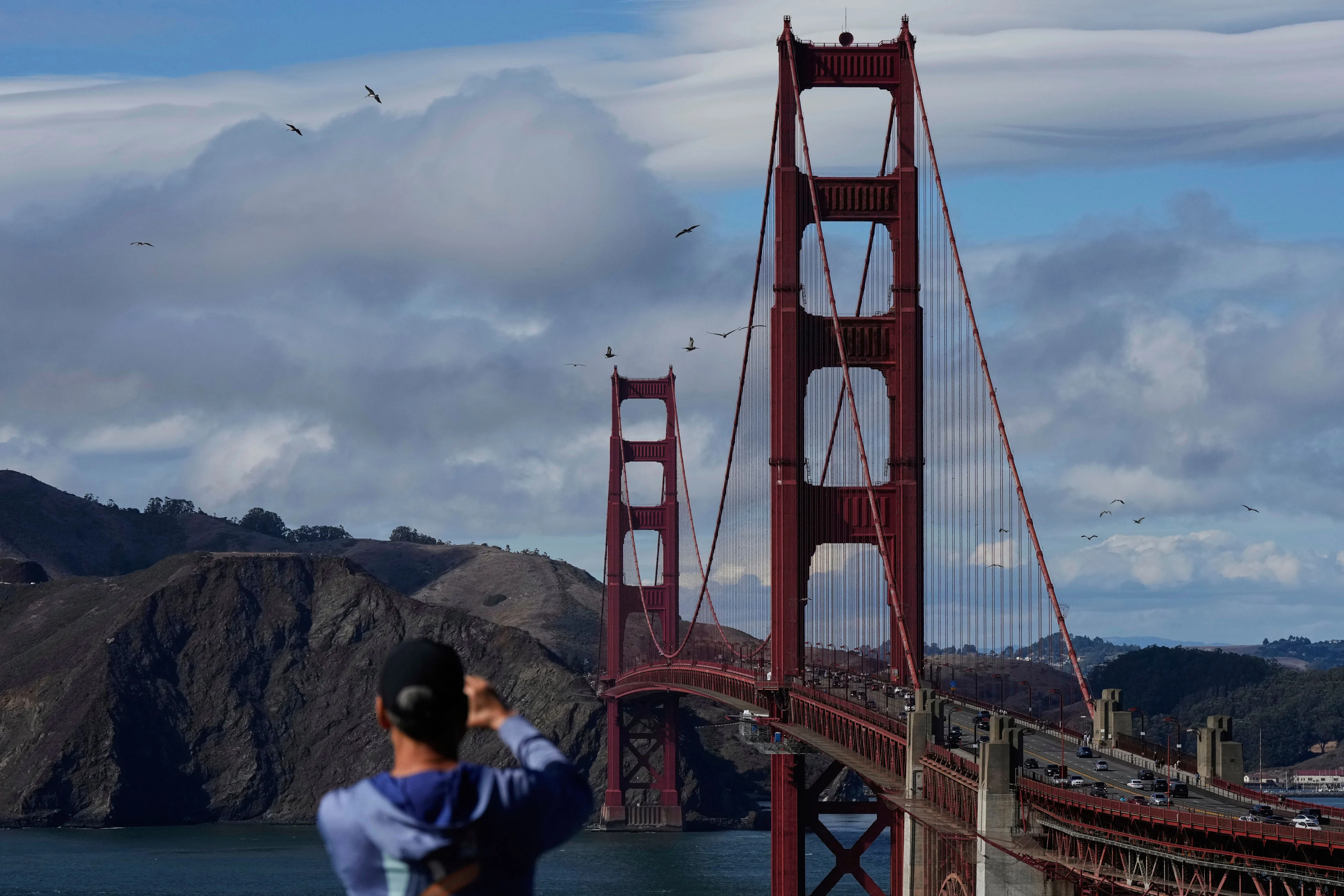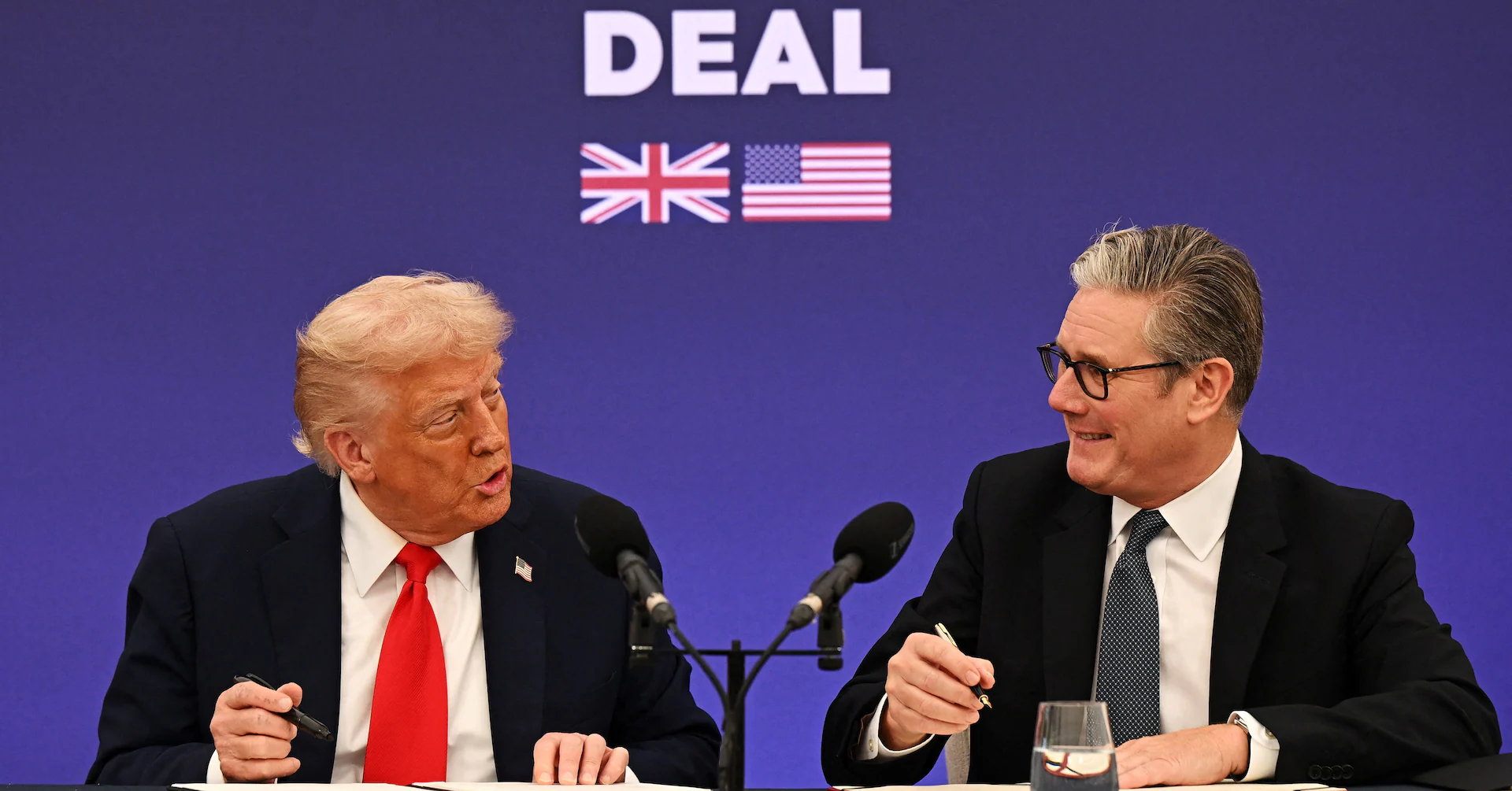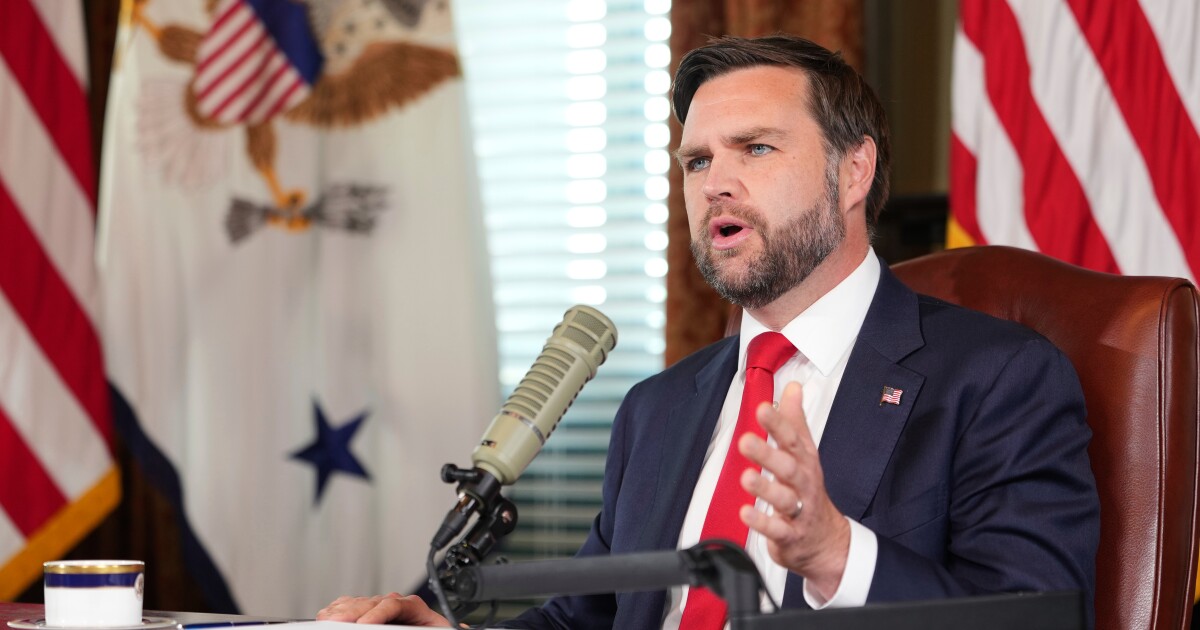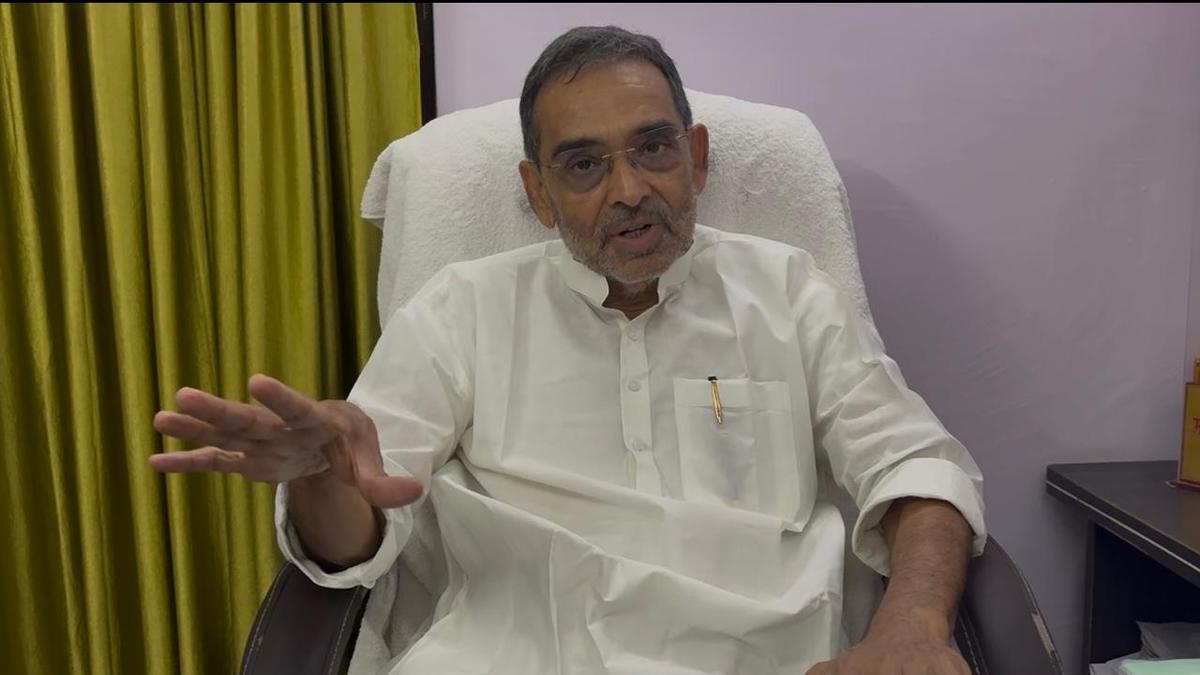By Julian Ryall
Copyright scmp

Japanese tourism to the United States is facing major headwinds – from a weak yen and safety concerns to dwindling interest among younger travellers – with the sparse American turnout at Japan’s biggest travel fair this year offering a glimpse of the market’s fragility.
Analysts and tourism officials say the slowdown points to deeper structural shifts in Japan’s outbound travel patterns, though some US states are reporting modest gains and looking to high-profile events and celebrity appeal to reignite interest.
At the Tourism Expo Japan 2025 in Nagoya, which concluded on Sunday with nearly 127,000 visitors, only three US states – California, Washington and Hawaii – hosted stand-alone booths. That marked a significant pullback from previous years, when Alaska, Oregon, Florida and major cities such as New York and Chicago were also prominently represented.
“The outbound tourism market to the US is very tough, although there are some small increases to the mainland,” said Masakazu Yamaguchi, head of Japan sales for Delta Air Lines and a member of the Visit US Japan promotion organisation.
About 700,000 Japanese visited the former hotspot of Hawaii last year, Yamaguchi said, down some 50 per cent from 2019, while arrivals to the mainland US are at about 60 per cent of the figure six years ago.
Many of the states and brands at the travel expo in Tokyo last year decided to skip this year’s event because it was held in Japan’s fourth-largest city, which no longer has direct flights to the mainland US, despite Aichi prefecture being the heartland of motor giant Toyota.
Delta pulled out of Nagoya’s Chubu Centrair International Airport in February 2023, bringing to an end a route that had operated three flights a week to and from Detroit for 32 years.
Another issue, according to Yamaguchi, is that fewer young Japanese are choosing to study at US universities, while the weak yen has made travelling abroad generally more expensive.
The situation is compounded by rising prices for staple foodstuffs and other items at home, forcing many Japanese to opt for holidays within Japan or to cancel trips until the economic climate improves.
Japanese travel agents are considering a return to package tours, which were hugely popular in the 1980s and 1990s but fell out of favour among young Japanese, in particular, when they discovered the appeal of independent travel.
Yamaguchi said a number of large Japanese agencies were reviving package tours as they could be cheaper and less stressful for risk-averse Japanese travellers.
Some industry players, however, are more upbeat about the appeal of the US for Japanese tourists.
“We are definitely seeing the impact of [Shohei] Ohtani on arrivals from Japan, with arrivals in August up 20 per cent on the same period of last year,” Aaron Cohen, account director of the Japan office of Visit California, said of the Los Angeles Dodgers’ star player.
Cohen anticipated that California’s Disneyland Resort – celebrating its 70th year – and the Six Flags Magic Mountain park outside Los Angeles would also prove to be draws for Japanese visitors.
“We are also expecting big things in 2026 because of the soccer World Cup,” he said. “It is our dream to have the Japan national team choose somewhere like Torrance or Irvine as their base and training camp.”
Cohen agreed that Japanese travellers would be concerned about the weak yen and safety issues when considering trips to the US, but said he also believed “that a lot of Japanese have finally started to accept that is the way it is going to be and that they still want to go to the US”.
On whether US politics affected holiday planning, Cohen said data from his head office showed “Japanese do not really take that into consideration when they are planning a vacation, which is completely different from travellers in Europe or Canada, as we have seen this year”.
Nathalie Pascaru, travel trade manager at the Japan office of Visit Seattle, was also keen to highlight the appeal of the city and Washington state to visitors from Japan, calling the headquarters of Starbucks and the coffee giant’s first outlet in the city’s Pike Place must-see destinations.
“We are not 100 per cent back from the levels of before the pandemic, but we are hopeful that we can get back to that level soon,” she said.
Other attractions include guided tours of the Boeing factory, the Olympic National Park, wineries and the Seattle Mariners baseball stadium, where former player Ichiro Suzuki is still revered as a hero.
Takahiro Inamata, head of the US outbound travel promotion division at the Japan Association of Travel Agents, agreed that the US had a lot going for it as a destination. The country will in 2026 mark another couple of key dates – the 250th anniversary of the founding of the nation and the 100th anniversary of the opening of the iconic Route 66.
However, he remained concerned about weak demand.
“The exchange rate and rising prices at home are definitely issues, but we are also finding that young people and the middle class here in Japan have stopped going abroad,” he said.
“These sectors are sensitive to what is happening and they have changed their hobbies in recent years. I’m not optimistic that we will see a strong recovery. There may be some slow growth, but it is going to take a long time to fully recover.”
Ashley Harvey, a travel marketing analyst who has worked in Japan’s travel sector for more than 15 years, echoed that assessment.
“Just 17.5 per cent of Japanese have a passport now and the population is both shrinking and ageing, so there are deep structural challenges to getting Japanese to travel overseas,” he said, adding that little had been done to convince Japanese to go abroad,” he said.
“It would help a lot of Japanese to broaden their horizons and maybe there should be some sort of government-level campaign to get people to apply for a passport again, but perhaps they are happy that everyone is spending their money in Japan.”
The weak yen, media coverage of violence in the US and reports of customs and immigration officials being less than polite to foreigners would also inevitably take a toll on Japanese travellers’ desire to cross the Pacific, Harvey added.



